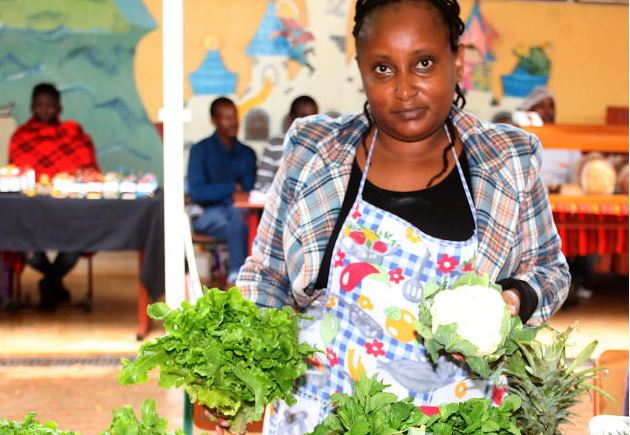×
The Standard e-Paper
Fearless, Trusted News

Healthy eating – which in large part includes organically grown food – is all the rage now. Even celebrities are clamouring for healthy food. You probably have some across a video of celebrities making the case for healthy food and by extension organic farming.
In the clip, Pinky Ghelani, John Allan-Namu and footballer Allan Wanga – among others – question the safety of food produced through conventional agriculture.